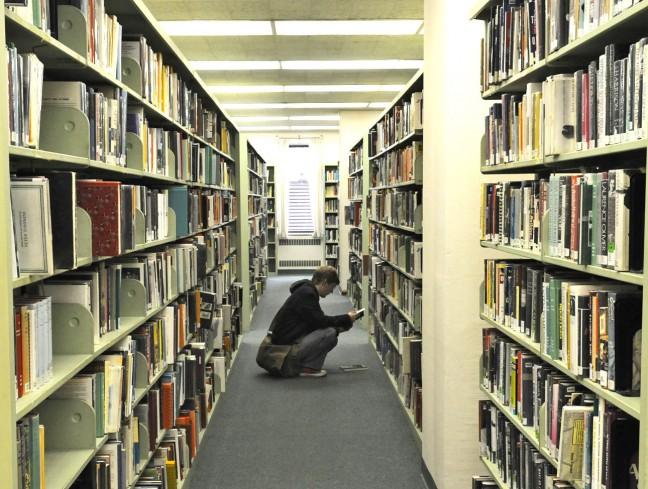I spent fall 2016 studying abroad in Seville, Spain. From across the ocean, I watched as President Donald Trump was elected. I listened to Spaniards quote satirical Simpsons episodes making fun of Americans. I weathered all the American stereotypes thrown at me. Now I’m back, and being an American feels different than it ever has before. Here are some of my observations.
Contrary to popular belief, there is some studying involved in study abroad.
I saved all my humanities requirements for my semester abroad, so I ended up in three different history courses while in Spain. Modern European History, counter to my expectations, actually focused on the 1500-1800s. Contemporary American History also defied my expectations by not focusing on the U.S., instead discussing the various revolutions in Latin American countries. I also enrolled in a Contemporary World History course, which covered everything after World War II.
History is an especially interesting subject to study abroad. This is because, unlike science and math, each nation teaches its own distinct version. American students are left with the sweet taste of red, white and blue patriotism in their mouths after only elementary and middle school history education — back-to-back World War champs, global superpower and champions of equality and justice.
So in Spain, I thought I would spend the semester learning Spanish history — and I did — but I also learned how the rest of the world views the U.S.
My modern European history professor lectured about European history as if it were world history, and the events of the entire world unfolded because of the whims, egos and mistakes of the great European nobility. He had little to say about American contributions to major historical events.
Wealth grew in Europe, knowledge flourished in European minds and expanded in laboratories and European societies created genuine culture. The world — at least the important aspects of it — had little to do with the U.S.
My contemporary American history professor was an Argentinian woman, and she hated the Spanish almost as much as she hated Americans. She detested imperialism, but still took care to explain how British imperialism allowed the U.S. to flourish while Spanish imperialism set up its colonies for political turmoil.
She explained how the Spanish created a system of social stratification and unequal land-ownership which caused social unrest and prevented any long-term stability in the newly independent countries. She blamed the Spanish, then the British, but eventually settled the blame squarely on the U.S. We were at fault for lacking true development, suppressing political movements or supporting corrupt ones and our over-reaching and selfish involvement in their affairs.
My contemporary world history class was the hardest to sit through. The professor spoke of a new world order and explained it as if it were an unhappy accident. The U.S. waited until the end of the war to enter, unnecessarily dropped the atomic bomb and relished in its economic recovery from the Great Depression while European countries attempted to rebuild themselves.
She put up Cold War propaganda and the class analyzed what the fat, mustached man represented, saying “capitalism” as if it were a dirty word. We talked about the Marshall Plan as if it was an evil plot to control the world, about the CIA and its deadly meddling and about the spread of mindless consumerism. She framed the formation of the European Union as a strategic power-play among the European nations to band together against the Americans.
The U.S. was portrayed as powerful, as I’d always learned, but mainly it was painted as loud, rash, self-centered, greedy and inept.
Throughout the semester, I often felt uncomfortable or defensive because my preconceived notions of the U.S. and my identity as an American were questioned. My understanding of history was vastly different from what I learned in the states.
Even if all the basic facts are the same, history is taught from all different perspectives. At the heart of it all, Europeans love Europe, Argentinians love Argentina and Americans love America. We all have a tendency to fit the events of history to our own world view, to bias our perceptions and to place blame elsewhere so that we can hold onto our nationalistic pride and to our love of country. History is malleable and as biased as the people who choose to tell it.
American nationalism and pride ring false outside of the U.S. because from an outsider’s perspective, history isn’t filled with heroes brandishing a red, white and blue flag.


